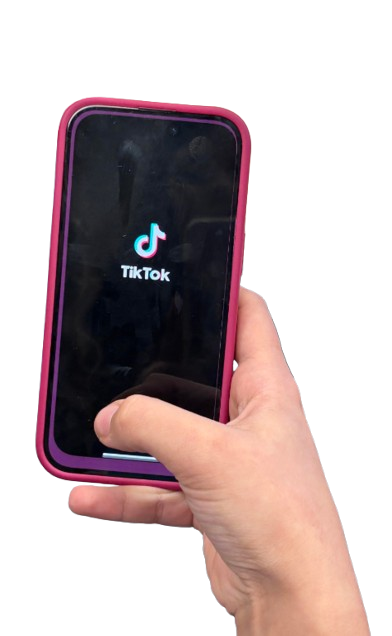Could you imagine living in a world where the spotlight is always on you and everything that you do? Or could imagine that anything you say or anything that you post on your social media accounts is criticized by thousands or even millions of people every day? Whether that be negative comments, actions, or even death threats. For many people, this is their reality and they have to live through it and get used to it becoming a normal part of their everyday life, and this is called cancel culture. Cancel culture is the act of someone commenting negatively on an individual’s act and standing against them.
Cancel culture has been around a lot longer than some may think.
Cancel culture has existed since medieval times and World War II. It was used as punishment and to keep people in line. Cancel culture came to a rise in 2019 and 2020 during an uproar in social media use and due to Covid-19. During this time people were trapped in their homes stuck with social media. One of the resorts that may have caused this rise in cancel culture was the boredom due to that. Because of the rise of cancel culture during COVID-19, it has left a negative impact on social media and lives causing a digital divide.
A factor that plays a big role in cancel culture is mental health.
Cancel culture is all about shaming others. People want to cancel others to make them feel ashamed about what they did or said. So they can display them online as a negative person. These feelings of shame can really hurt a person’s self-image or self-esteem. Canceling can turn into bullying. Which can also cause feelings of being alone, anxiety, and depression.
And the people who are canceling others are also at risk for mental health issues as well. The canceler might feel satisfied, feel justice, or believe that they have a higher or better social status than others. Which is unhealthy because it can lead to feelings of frustration or unhappiness.
It can also just affect anyone’s mental health in general. Whether it’s people jumping on being a canceler, people witnessing it, or just people being scared that they could get canceled too.
Canceling is not responsible for really changing anything in the end. It doesn’t change one’s beliefs or behavior. All it does is stop people from supporting an individual, movie, company, etc. However, it could be important to bring attention to something that isn’t right. It’s never good for people to possibly cause depression for others, and wish for them to go through it alone.
So what do you think about cancel culture now, are you gonna think twice before speaking your mind whether it’s good or bad, can you handle the negative comments.? We all deserve the right to say what we want, and we should cancel cancel culture.







